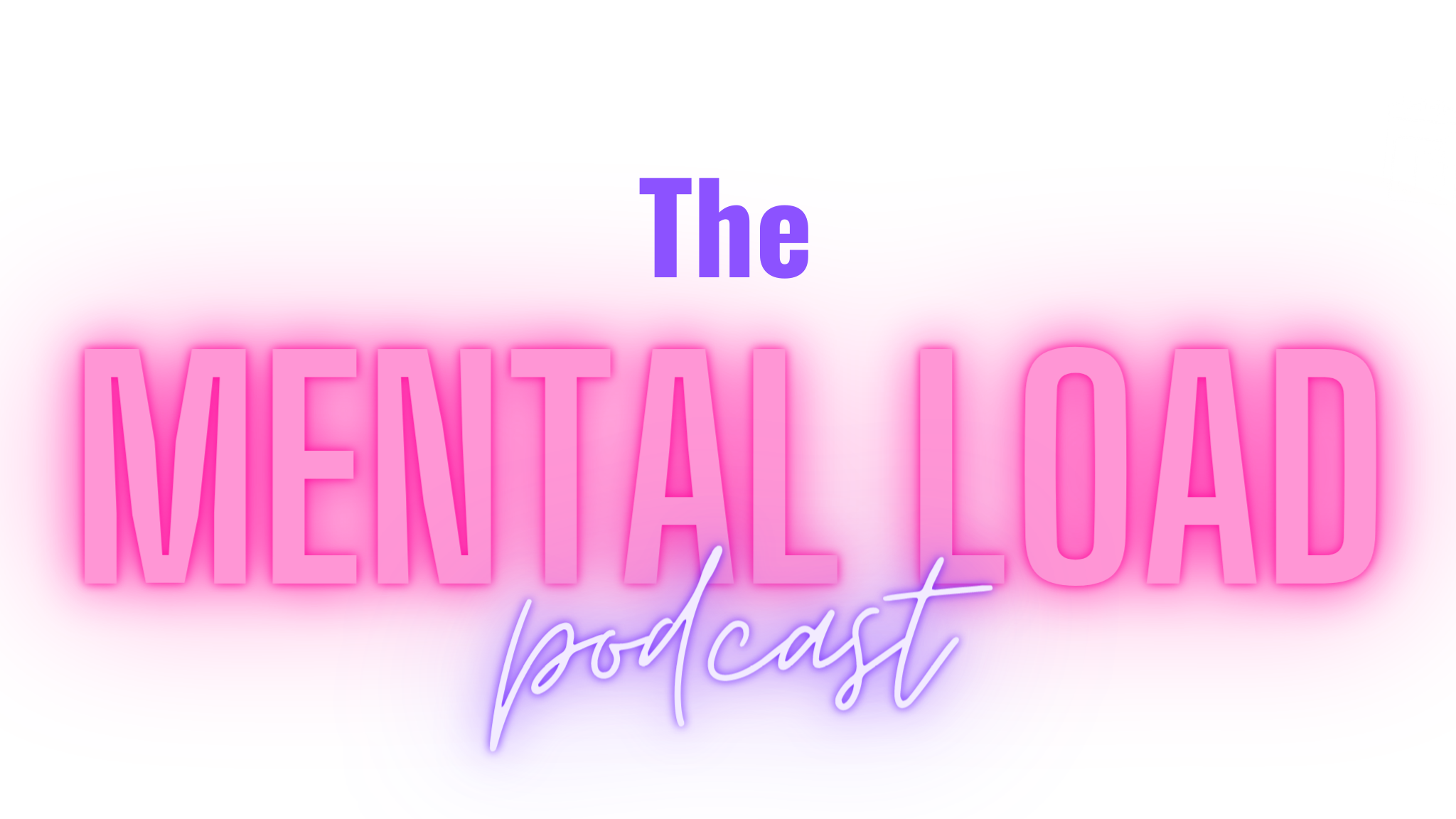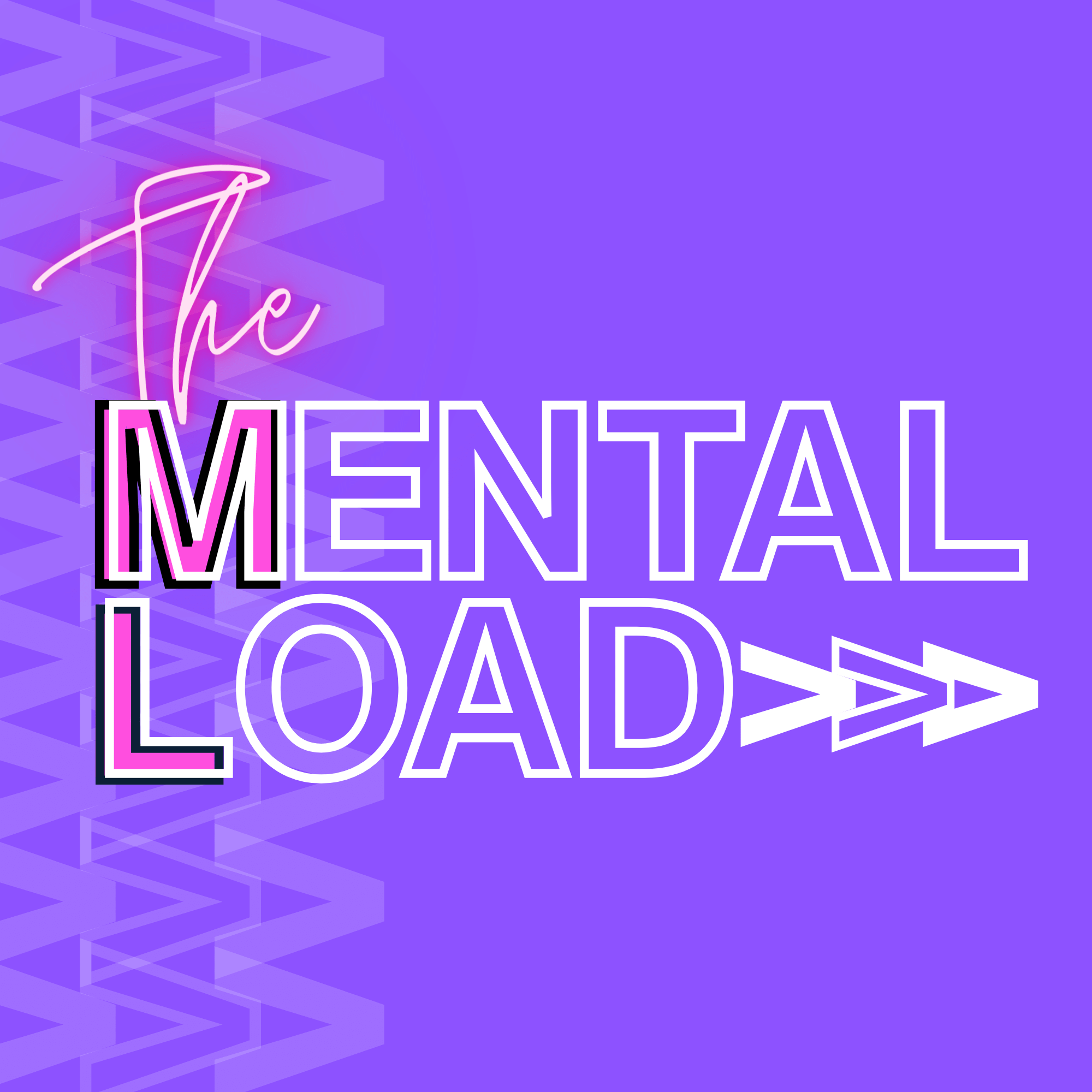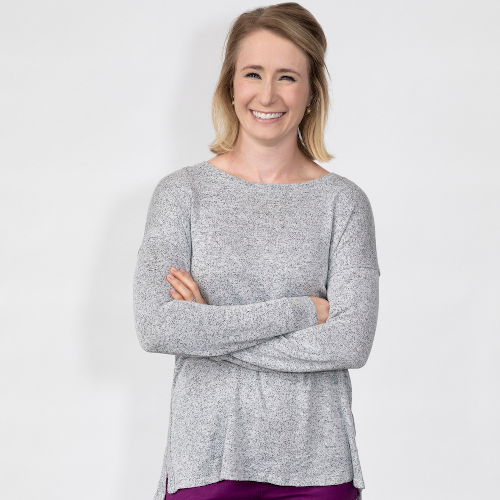What Makes Moms Badass
What transferrable skills does managing the mental load give moms?
Today we’re discussing some of the valuable skill sets you get as a mom from balancing the mental load. I think we all feel stuck sometimes and focus a lot on the drain that the mental load causes and a while back, I listened to a podcast that was focused on skills that are unique to moms in the workplace because of motherhood and it felt like this awesome little pick me up, so I thought today’s topic would be a sweet little follow up and pep talk to why it’s hard to talk about the mental load to also look at some of the ways we can use it to our advantage. So that’s not to say that things shouldn’t change; they definitely should, but if you’re a mom who’s feeling stuck, looking to change jobs or just move in a new direction in life, our hope is that this episode makes you feel badass and see how you can apply some of the things you’re learning from being a mother to your goals and dreams in your own life.
Anticipation = risk analysis and trade off
- What is a risk assessment and how do you conduct one?
- According to UCLA: "In operations, financial reporting and compliance, risks need to be identified and analyzed. Assessing risk enables you better achieve your group's goals by helping you determine how pitfalls should be managed. Managers must determine the level of operations, financial and compliance risk they are willing to assume. Assessing risk enables managers to proactively reduce unwanted surprises.
- What questions do you ask yourself when you conduct a risk assessment? These are direct from UCLA’s website. Do they sound familiar?
- What could go wrong?
- How could we fail?
- What must go right for us to succeed?
- Where are we vulnerable?
- How could someone disrupt our operations?
- On what information do we most rely?
- On what do we spend the most money?
After risks have been identified, an analysis should be performed to set priorities:
- Assess the likelihood (or frequency) of the risk occurring.
- Estimate the potential impact if the risk were to occur. Consider both quantitative and qualitative costs.
- Determine how the risk should be managed; decide what actions are necessary.
Prioritizing helps departments focus their attention on managing significant risks such as risks with reasonable likelihoods of occurrence and large potential impacts."
Finding solutions = creativity
Making decisions = empathetic, creating buy in
According to Mural
- "Build a compelling case - To do this, you should make sure that you’ve carefully identified the problem you’re looking to solve (remember: it’s not always so obvious!), understand your success criteria, and have gathered supporting data so you can test your idea.
- Understand your audience - know how involved they are and how to tailor your message
- Make it collaborative - engage your stakeholders, co-create solutions, solicit feedback
- Anticipate and overcome resistance - offer compromises and build consensus"
Monitoring = self awareness
- Forces you to be introspective
- Helps you balance what was in vs out of your control
- Is this the trickiest one for toxic positivity because we end up blaming ourselves too much?
Please rate, review, subscribe or share with a friend if you've enjoyed this podcast.
Thoughts you want to share? Email us at: thementalloadpodcast@gmail.com
Purchase merch and help us grow!
Mentioned in this episode:
Joy School Affiliate Link
https://thepathtojoy.thrivecart.com/melissa-blooms-joy-school/partner/





